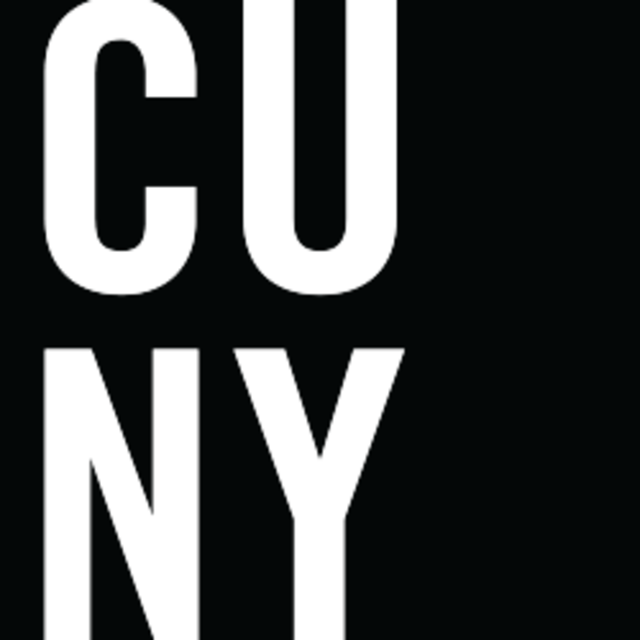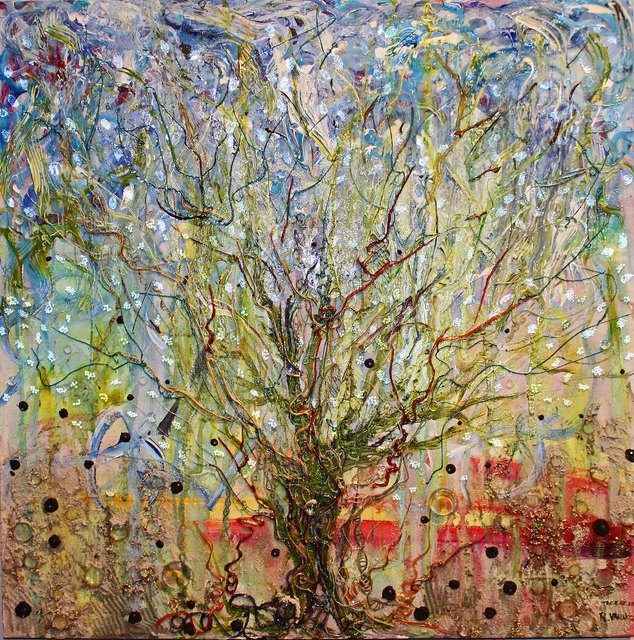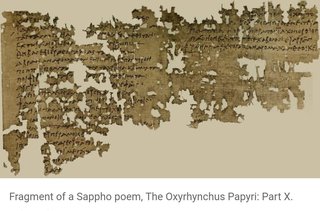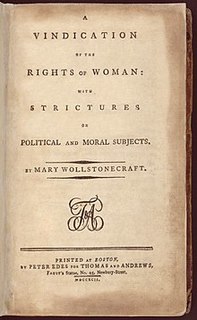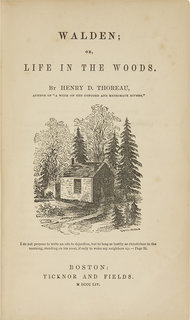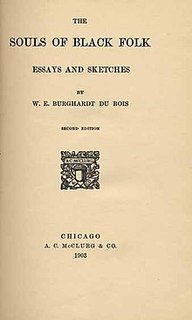Student Foreword
As you look through this collection of classic texts, please know this: Each of these works have all been perused, skimmed, debated, and written about by many a college student before you—some longer than a century ago.
As you will soon experience, these texts may challenge you to work through word choices, wonder about the meaning of references, and decipher images. These challenges serve the larger purpose of creating a solid foundation for thinking critically about the long, ongoing struggle for human and civil rights. By diving deeply into how “long dead” writers have articulated their stances, you may sharpen analytical, writing, and reading skills whilst contemplating root positions on racism, feminism, environmentalism, and the rights of the LGBTQ community.
Those efforts will pay off. As you and your classmates share your insights, you will notice that your questions often create more questions and more insights—not only about the past but also about the world we live in today. How these classic writings give voice to current crises will be a constant discussion throughout your college career.
The editors of this volume have housed this collection in Manifold. This platform enables students to post comments, annotate readings, and share questions and ideas directly inside the text. Our hope is by doing so, the texts “come alive”—and as a result—create an enjoyable learning community. Moreover, this collection includes many accessible resources in its appendix. If required or desired, these resources can extend learning experiences/immersion even more. Professors may assign one or all of the readings, but regardless, you are more than welcome to read through this whole volume. It is our hope that you do so.
Sincerely,
The Editors of Great Books for Composition Courses
